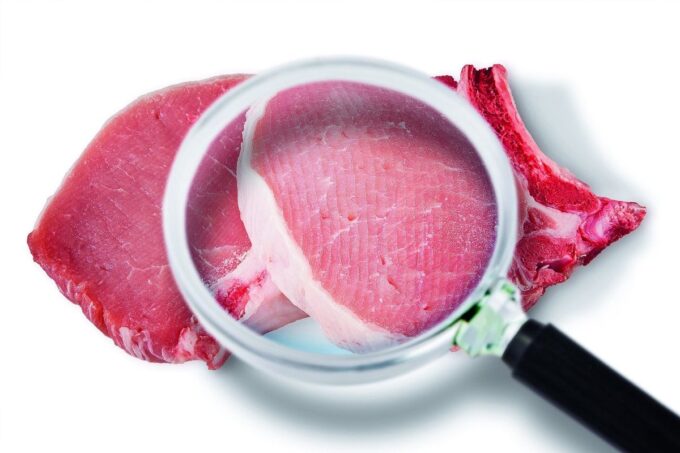Innovations in food law
Food law contains basic requirements for a food safety hazard control system (HACCP, Hazard Analysis and Critical Control Points). The revised version of the Codex Alimentarius Code of Practice on GHP (Good Hygiene Practice) and HACCP of September 2020 contains some adjusted definitions.

Codex Alimentarius is a set of United Nations food safety and food product quality standards first issued by the Food and Agriculture Organization (FAO) and the World Health Organization (WHO) in 1963. Codex coordinates fair trade in food at the international level and ensures the protection of consumer health using uniform standards. The Codex Alimentarius Code of Practice "General Principles of Food Hygiene" is affected by some important adaptations which also have an impact on EU and Swiss food law, in particular concerning the topics "HACCP" and "food safety culture".
Dr. Evelyn Kirchsteiger-Meier, ZHAH lecturer, shed light on these changes at the Wädenswil Food Law Conference. The revised version of the globally recognized procedural rule has been adopted by the Codex Alimentarius Commission since September 2020.
Adjustments of the work steps
The elaboration and implementation of HACCP systems according to Codex Alimentarius is carried out by means of twelve working steps, respectively seven HACCP principles. The sequence of these work steps or principles has not been changed due to the broad international dissemination of the procedural rule. However, the names of some of the steps have been changed in order to emphasize the need to validate the elements of the HACCP system. The food business operator should therefore, in accordance with the specifications in the procedural rule, develop a "proof" based on scientific criteria concerning:
- Plausibility of the identified potential hazards
- Traceability of the hazard analysis and the identification of CCPs in the process under consideration.
- Correct CCP limits
- Effectiveness of the defined monitoring and corrective measures
- Adequacy of the verification measures
- Appropriateness of the documentation
The need for validation of the elements of the HACCP system is mentioned in work step 8 (principle 3) as well as in work step 11 (principle 6). In the 2003 version of the Code of Practice, validation was not explicitly mentioned in the titles of the mentioned work steps/principles, so the related requirements could easily be overlooked. With the 2020 version of the Code of Practice, the requirements for validation have now been more explicitly stated and accentuated.
Legal effectiveness
As far as the legal anchoring of the Codex amendments mentioned is concerned, it must be noted that the amendments concerning HACCP have not yet been incorporated into food law, neither at the level of EU law nor in Swiss food law. In particular, the accentuation of the validation of elements of the HACCP system would have to be laid down in food law, because the seven HACCP principles are legally anchored and the adjustments concerning HACCP validation are already apparent in the description of the corresponding HACCP principles:
- Principle 3: "Establish validated critical limits for each CCP".
- Principle 6: "Validation of the HACCP Plan and Verification Procedures".
However, even without a change in legislation to date, it is recommended that the HACCP adaptations be taken into account in the operational HACCP systems, for example with regard to definitions or the accentuation of HACCP validation.
As far as the food safety culture is concerned, it can be stated that the requirements are still open to interpretation; nevertheless, it is a remarkable process that elements belonging to the establishment of a management system and to organizational development are now laid down both at Codex Alimentarius level and in EU food law (see Box, page 44). The importance of the management culture and the behavior of all employees with regard to food safety has thus gained great recognition, and the topic will certainly continue to gain in importance in the coming years.
Source:
Kirchsteiger-Meier, Evelyn (2022). Conference Report on the 16th Wädenswil Food Law Conference, May 5, 2022: "Facets and Developments on Food Hygiene and Food Safety Law".









